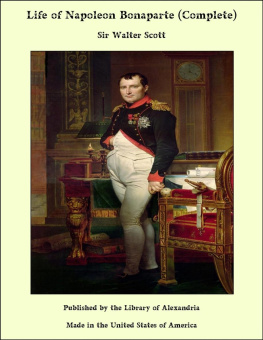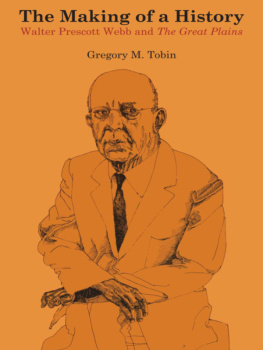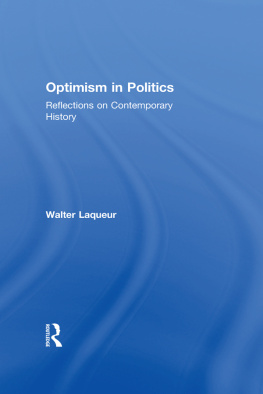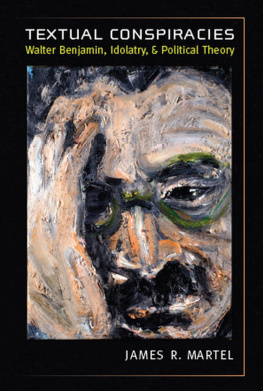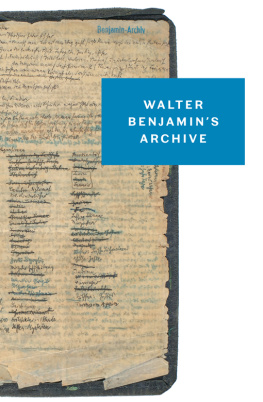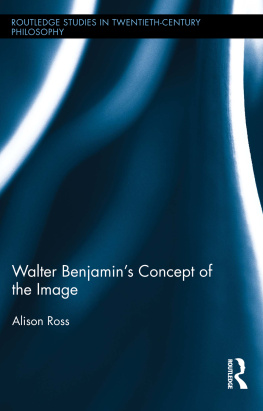CONTENTS
VOLUME V
, CHARLES F. HORNE
, WILLIAM STUBBS
, FRANOIS P. G. GUIZOT
, THOMAS HUGHES, JOHN R. GREEN
, WOLFGANG MENZEL
, STANLEY LANE-POOLE
, LON GAUTIER
, A. N. MOURAVIEFF
, CHARLES C. RAFN, SAGA OF ERIC THE RED
, ALEXANDER DOW
, DAVID HUME
, FERDINAND GREGOROVIUS, JOSEPH DARRAS
, HENRY F. TOZER, JOSEPH DEHARBE
, SIR EDWARD S. CREASY
, ARTHUR R. PENNINGTON, ARTAUD DE MONTOR
, CHARLES KNIGHT
, S.A. DUNHAM
, SIR GEORGE W. COX
, CHARLES G. ADDISON
, CHARLES KNIGHT
, JOHANN A. W. NEANDER
, GEORGE FINLAY
, JOHN RUDD
AN OUTLINE NARRATIVE
TRACING BRIEFLY THE CAUSES, CONNECTIONS, AND CONSEQUENCES OF THE GREAT EVENTS
(FROM CHARLEMAGNE TO FREDERICK BARBAROSSA)
CHARLES F. HORNE
The three centuries which follow the downfall of the empire of Charlemagne laid the foundations of modern Europe, and made of it a world wholly different, politically, socially, and religiously, from that which had preceded it. In the careers of Greece and Rome we saw exemplified the results of two sharply opposing tendencies of the Aryan mind, the one toward individualism and separation, the other toward self-subordination and union.
In the time of Charlemagne's splendid successes it appeared settled that the second of these tendencies was to guide the Teutonic Aryans, that the Europe of the future was to be a single empire, ever pushing out its borders as Rome had done, ever subduing its weaker neighbors, until the "Teutonic peace" should be substituted for the shattered "Roman peace," soldiers should be needed only for the duties of police, and a whole civilized world again obey the rule of a single man.
Instead of this, the race has since followed a destiny of separation. Europe is divided into many countries, each of them a vast camp bristling with armies and arsenals. Civilization has continued hag-ridden by war even to our own day, and, during at least seven hundred of the years that followed Charlemagne, mankind made no greater progress in the arts and sciences than the ancients had sometimes achieved in a single century. We do indeed believe that at last we have entered on an age of rapid advance, that individualism has justified itself. The wider personal liberty of to-day is worth all that the race has suffered for it. Yet the retardation of wellnigh a thousand years has surely been a giant price to pay.
DOWNFALL OF CHARLEMAGNE'S EMPIRE
This mighty change in the course of Teutonic destiny, this breakdown of the Frankish empire, was wrought by two destroying forces, one from within, one from without. From within came the insubordination, the still savage love of combat, the natural turbulence of the race. It is conceivable that, had Charlemagne been followed on the throne by a son and then a grandson as mighty as he and his immediate ancestors, the course of the whole broad earth would have been altered. The Franks would have grown accustomed to obey; further conquest abroad would have insured peace at home; the imperial power would have become strong as in Roman days, when the most feeble emperors could not be shaken. But the descendants of Charlemagne sank into a decline. He himself had directed the fighting energy of the Franks against foreign enemies. His son and successor had no taste for war, and so allowed his idle subjects time to quarrel with him and with one another. The next generation, under the grandsons of Charlemagne, devoted their entire lives to repeated and furious civil wars, in which the empire fell apart, the flower of the Frankish race perished, and the strength of its dominion was sapped to nothingness.[]
, page 22.]
There were three of these grandsons, and, when their struggle had left them thoroughly exhausted, they divided the empire into three. Their treaty of Verdun (843) is often quoted as beginning the modern kingdoms of Germany, France, and Italy. The division was in some sense a natural one, emphasized by differences of language and of race. Italy was peopled by descendants of the ancient Italians, with a thin intermingling of Goths and Lombards; France held half-Romanized Gauls, with a very considerable percentage of the Frankish blood; while Germany was far more barbaric than the other regions. Its people, whether Frank or Saxon, were all pure Teuton, and still spoke in their Teutonic or German tongue.
The Franks themselves, however, did not regard this as a breaking of their empire. They looked on it as merely a family affair, an arrangement made for the convenience of government among the descendants of the great Charles. So firm had been that mighty hero's grasp upon the national imagination, that the Franks accepted as matter of course that his family should bear rule, and rallied round the various worthless members of it with rather pathetic loyalty, fighting for them one against the other, reuniting and redividing the various fragments of the empire, until the feeble Carlovingian race died out completely.
It is thus evident that there was a strong tendency toward union among the Franks. But there was also an outside influence to disrupt their empire. Charlemagne had not carried far enough their career of conquest. He subdued the Teutons within the limits of Germany, but he did not reach their weaker Scandinavian brethren to the north, the Danes and Norsemen. He chastised the Avars, a vague non-Aryan people east of Germany, but he could not make provision against future Asiatic swarms. He humbled the Arabs in Spain, but he did not break their African dominion. From all these sources, as the Franks grew weaker instead of stronger, their lands became exposed to new invasion.
THE LAST INVADERS
Let us take a moment to trace the fortunes of these outside races, though the main destiny of the future still lay with Teutonic Europe.
In speaking of the followers of Mahomet, we might perhaps at this period better drop the term Arabs, and call them Saracens. They were thus known to the Christians; and their conquests had drawn in their train so many other peoples that in truth there was little pure Arab blood left among them. The Saracens, then, had begun to lose somewhat of their intense fanaticism. Feuds broke out among them. Different chiefs established different kingdoms or "caliphates," whose dominion became political rather than religious. Spain had one ruler, Egypt[] and added that strange and ancient land to their domain. Europe they had failed to conquer; but their fleets commanded the Mediterranean. They held all its islands, Sicily, Crete, Sardinia, and Corsica. They plundered the coast towns of France and Italy. There was a Saracenic ravaging of Rome.




